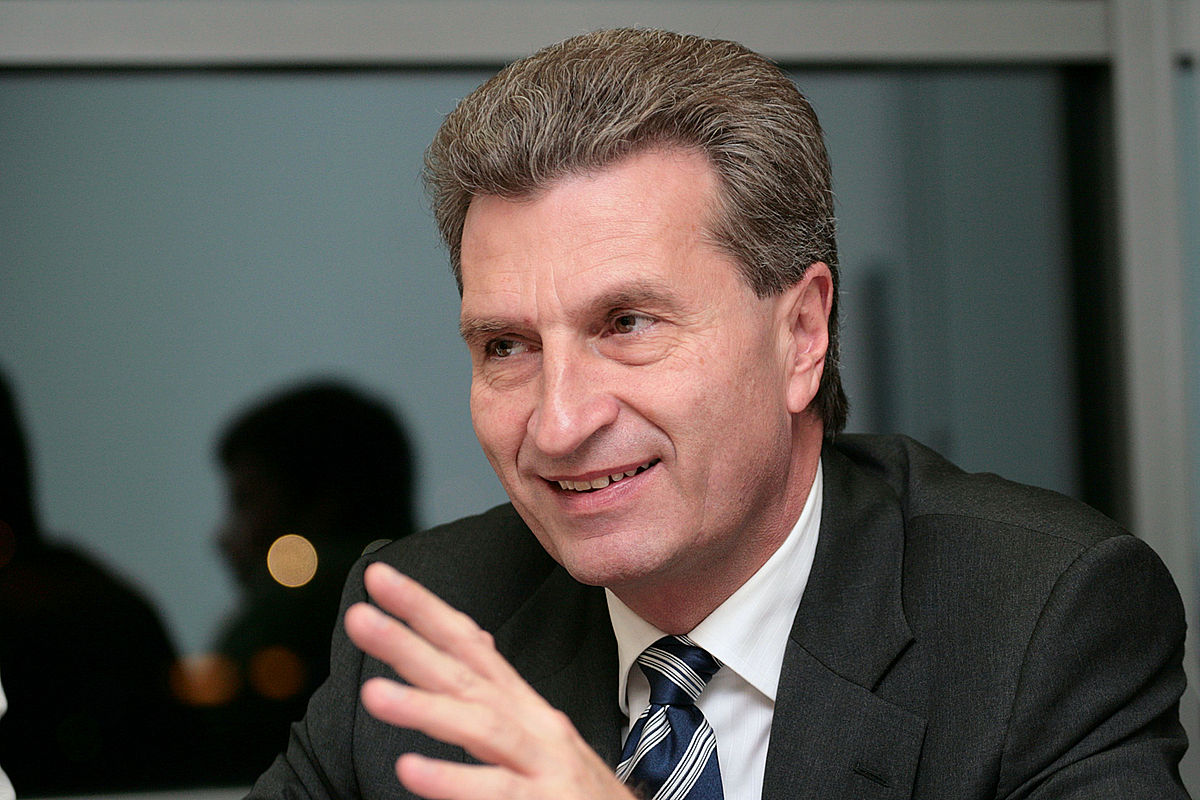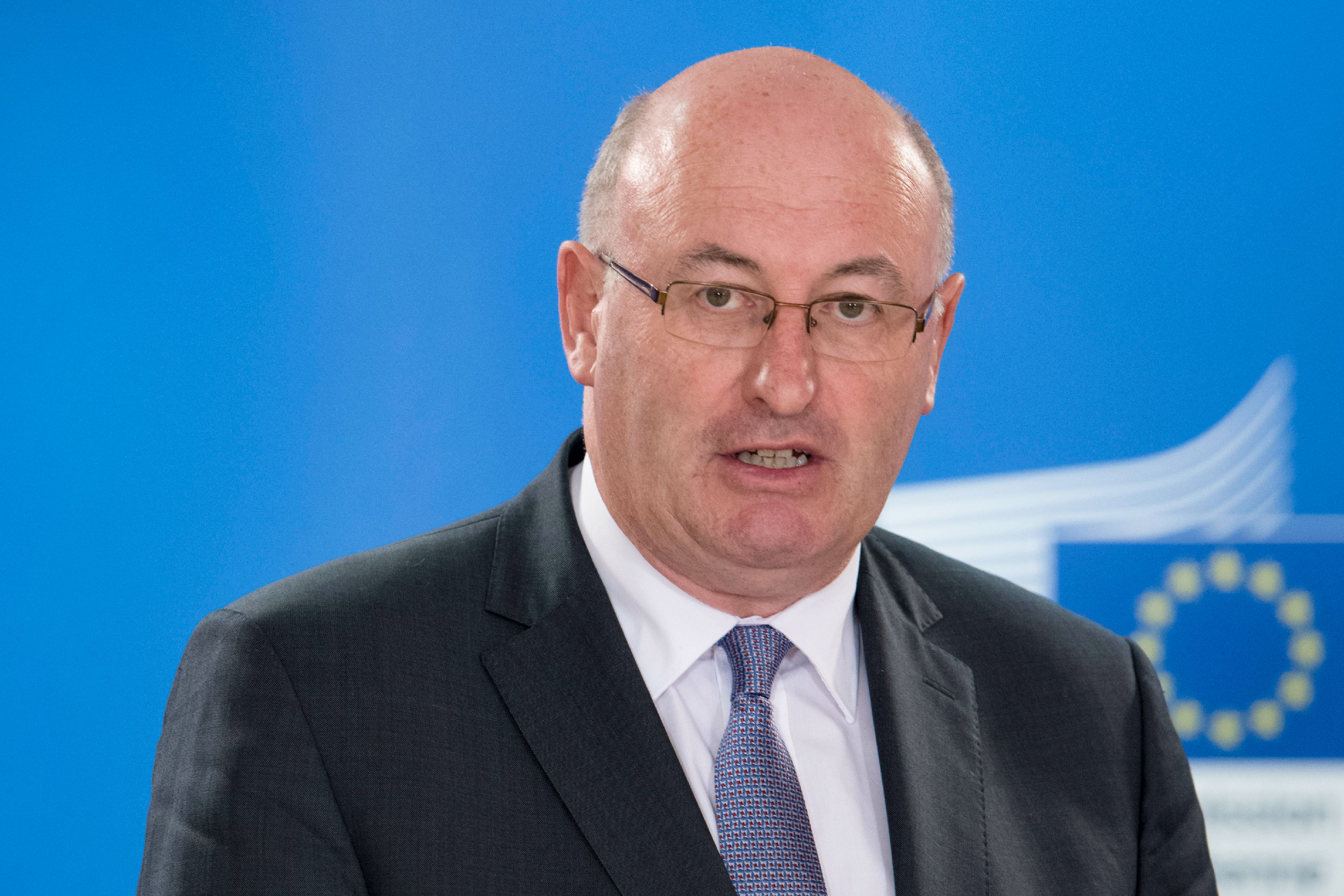Two events in the previous week give us a much clearer idea of what to expect for the CAP budget in the Commission’s proposal for the next Multiannual Financial Framework (MFF) at the end of May. Of course, the Commission’s proposal is only the start of the MFF negotiations. The MFF must ultimately be agreed unanimously by all Member States and (for the own resources decision) by their national parliaments, and also gain the approval of a majority in the European Parliament. Much can happen between the initial proposal and the final Council conclusions.
The two events in the previous week were Budget Commissioner Oettinger’s speech setting out his approach to the MFF proposal at a meeting in Brussels organised by the European Political Strategy Centre, the Commission’s in-house think tank, and his comments following the first presentation of his ideas to the Commission College.… Read the rest



